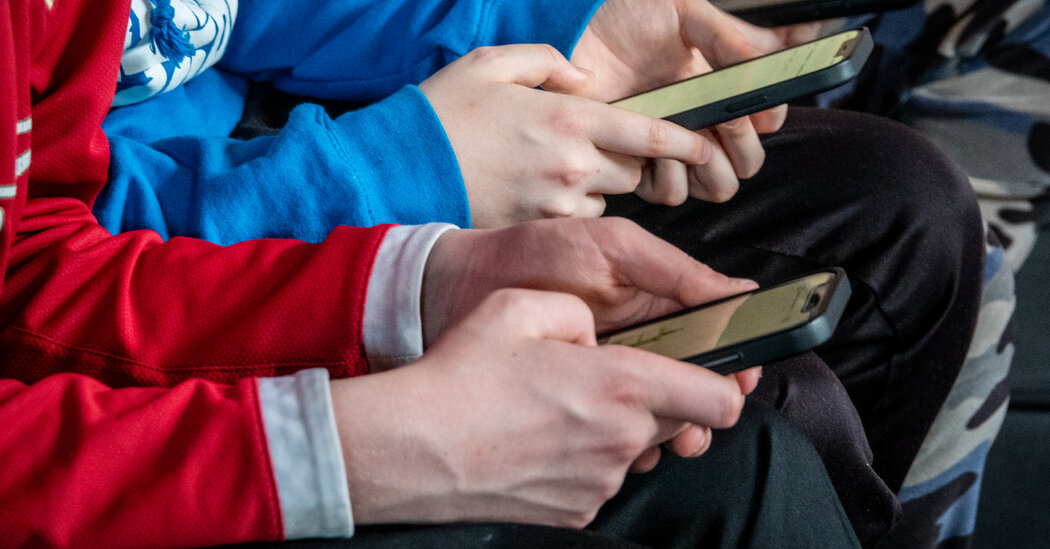When Savannah Kalata, a high school senior, wakes up in the morning, the first thing she does is turn off her alarm. The second thing she does is open TikTok.
“It’s just like this quick fix,” said Ms. Kalata, 18, who lives in Minnesota. “I can’t take my eyes off it.”
Ms. Kalata spends about two and a half hours a day on TikTok, she said. She watches videos while she’s eating, while she’s walking on the treadmill, and while she’s in bed before she goes to sleep. “I feel like my phone can kind of control me at times,” she said. “I don’t even necessarily want to go on TikTok. It’s a habit, and it’s something that’s hard to break.”
Ms. Kalata may have to quit cold turkey.
The Supreme Court on Friday backed a federal law that would effectively ban the popular app from operating in the United States. The decision means that the app could be banned as soon as Sunday. How that might play out for TikTok’s roughly 170 million U.S. users isn’t yet clear. But it may soon be difficult, if not impossible, for users to scroll to their heart’s content.
“I WONT SURVIVE I FEAR,” one user wrote in a video caption. “How will I ever laugh again?” wrote another.
The videos about TikTok “withdrawal” aren’t all serious. But some users, like Ms. Kalata, say they do genuinely feel addicted — and some experts who study social media use say that may be true, to an extent.
